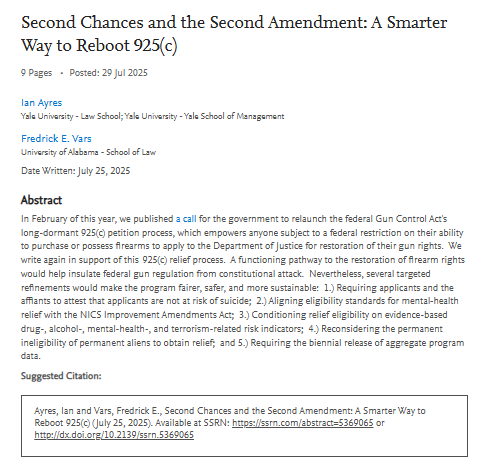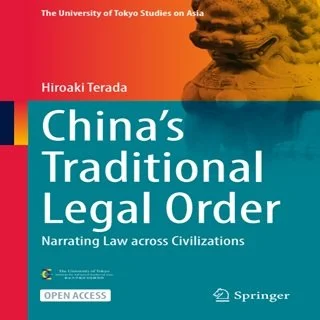By: Timothy R. Wyatt and Conner Gwyn Schenck
Background
State departments of transportation have a continuing need to keep abreast of operating practices and legal elements of specific problems in highway law. The NCHRP Legal Research Digest and the Selected Studies in Transportation Law (SSTL) series are intended to keep departments up-to-date on laws that will affect their operations.
Foreword
During the COVID-19 pandemic, many transportation departments and authorities, their contractors, and consultants looked to the force majeure provisions of their contracts to determine what conditions or terms would govern their performances, what risks and obligations would be upheld, and what potential waivers would apply.
NCHRP LRD 93: Pandemics and Contractual Issues addresses the legal impacts that transportation agencies can expect to have as a result of an unusual occurrence when the nature of the occurrence (e.g., a pandemic) is not explicitly identified in contractual force majeure provisions, and the sufficiency or reasonableness of consequences for noncompliance with contract performance levels and with risk transfers.
This digest focuses on typical force majeure provisions and conditions in transportation construction, maintenance, or toll road operation contracts. It also addresses the legal aspects of government-mandated and imposed quarantine and business disruptions caused by the 2020-21 COVID-19 pandemic.
The digest provides a review of:
Applicable force majeure clauses and the key criteria and circumstances weighed in favor of the conclusion that force majeure applies;
How performance, time of completion, and financial provisions in the contracts affected the transportation agency and the contractor;
The defenses or remedies a transportation agency could assert to counter the claim of force majeure legal arguments to make in support of the declaration of force majeure; and
How the cost of shortfalls is allocated to each side without the force majeure clause.
This digest will be helpful to all involved in the legal obligations of parties to contracts concerning force majeure impacted by pandemics and other unanticipated occurrences, including attorneys representing transportation departments and authorities, their contractors and consultants, policymakers, local, state, and federal personnel, transportation practitioners, decision-makers, and stakeholders.
The National Academies Press 2024










